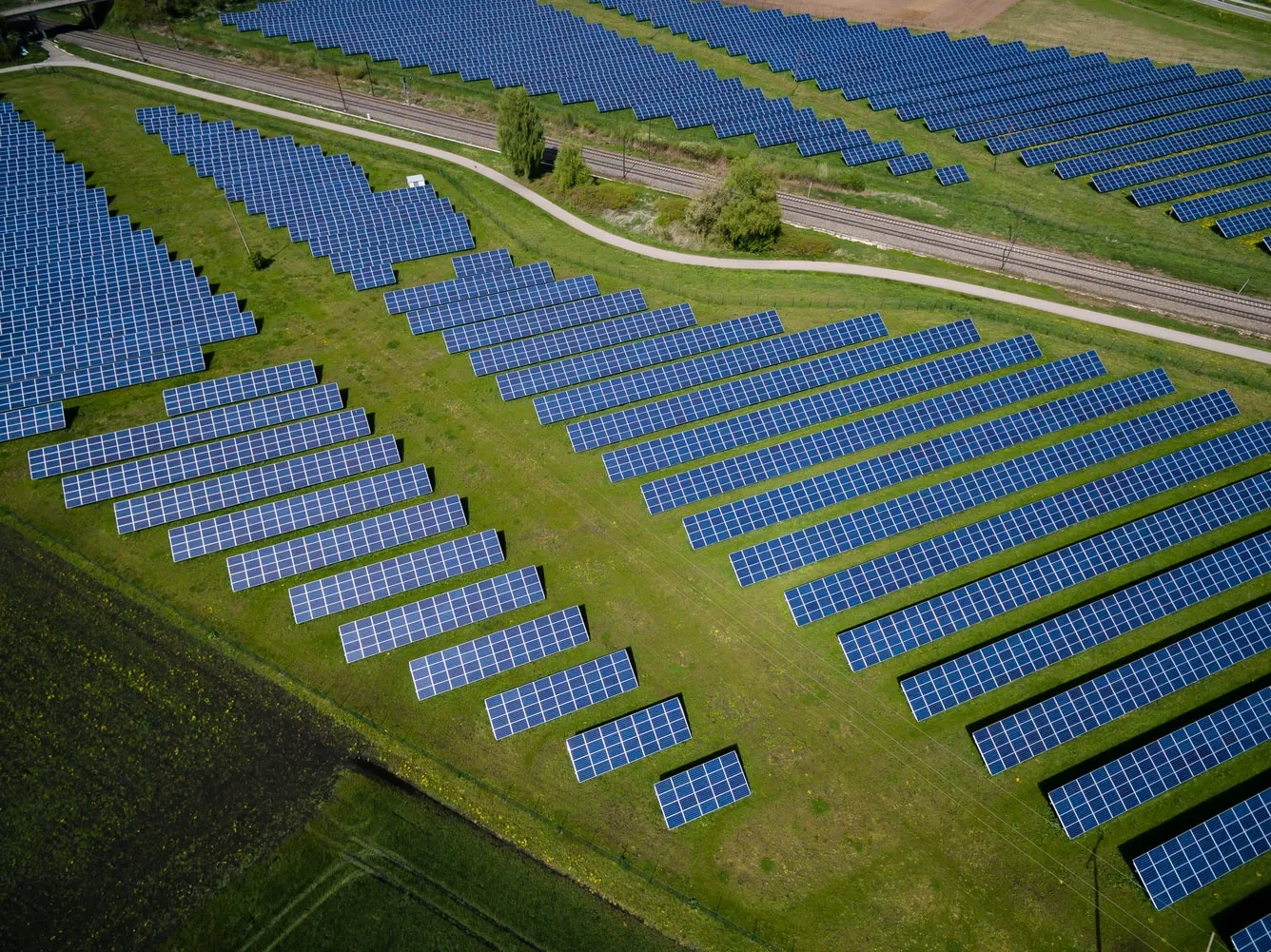The European Commission is considering an extension of the EU ETS to new sectors as well as revising the current ETS in line with increased climate ambition for 2030. The current ETS governs 41% of the EU’s emissions from power and heat generation, energy-intensive industrial sectors and aviation within the EEA and Switzerland.
The Effort Sharing Regulation (ESR) sets binding annual reduction targets for Member States, taking into account both national wealth and cost-effectiveness, with an overall aim of reducing emissions in the covered sectors by 30% by 2030 compared to 2005. The ESR includes CO2 emissions from road transport, heating of buildings, small-scale industry and other greenhouse gas emissions (CH4, N2O, F-gases), mainly from agriculture, energy and waste.
The increased emission reduction target for 2030 will require the ETS and the ESR to be revised and brought in line with the new ambitions. Responding to the EC’s consultation on the ETS and the ESR, Eurelectric emphasised the following points:
- Strengthen the EU ETS in its current scope. The reform needs to encompass both the strengthening of the ETS, to bring the cap in line with new targets, and the stabilisation of the ETS through the Market Stability Reserve (MSR).
- The ETS Directive should foster compensatory measures to mitigate associated compliance costs.
- Coherence between instruments must be ensured and a strengthened, well-functioning, ETS system should drives cost-effective investments, limiting the possible price disturbances witnessed in the ETS’ current form.
- All sectors need to contribute to the increased 2030 climate ambition. The power sector supports this goal but calls for clarity as soon as possible on the necessary 2030 regulatory framework. This will provide predictability and certainty to investors.
- Consider an ad hoc approach for extending the scope of CO2 pricing to the non-ETS sectors as and when needed, with further assessment taking place with thorough testing and stand-alone systems.
- Maintain involvement of Member States in driving emissions down by maintaining the ESR at this point.
- Accelerate the rate of electrification by developing a dedicated Electrification Strategy. The right policies to support EV uptake are crucial and should allow for a stronger reduction of emissions in the transport sector.
The new proposals for the EU emissions trading system (EU ETS) and the Effort Sharing Regulation (ESR) will come in July 2021 as part of the “Fit for 55” package from the European Commission.

